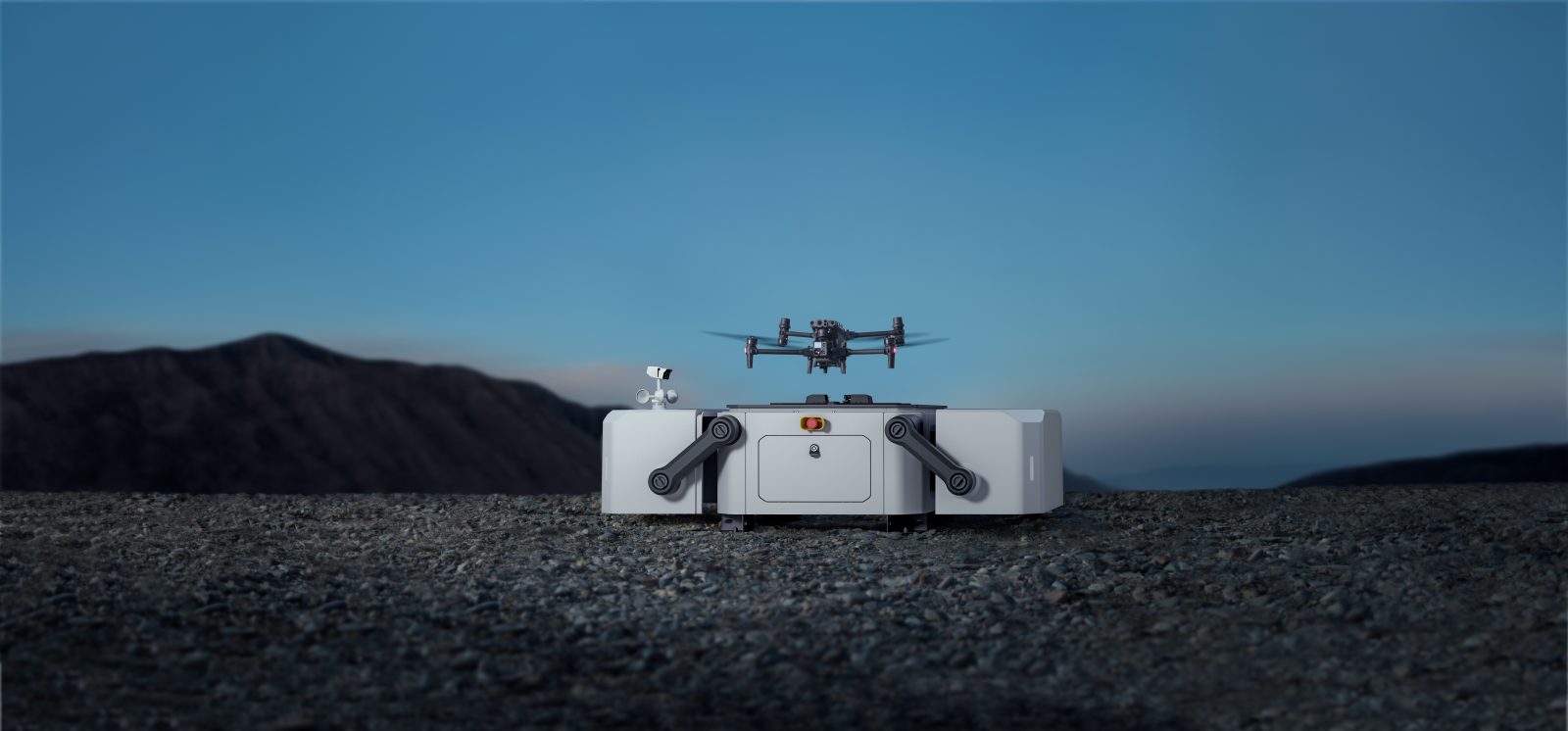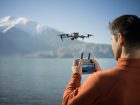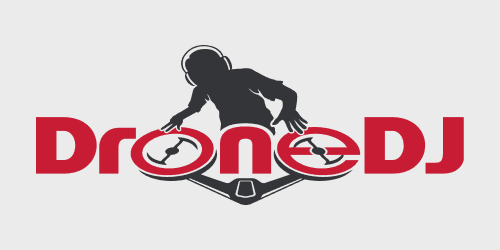
Yesterday’s launch of the DJI Matrice 30 enterprise drone was accompanied by the unveiling of the DJI Dock – a new autonomous docking and recharging station designed to fully automate flights with DJI M30 drones. It’s a great product with the potential to transform remote infrastructure inspection, site monitoring, and engineering supervision through unattended, beyond visual line of sight (BVLOS) operations. But DJI could struggle to find a market for it, former high-profile employees of the company say.
The DJI Dock is an IP55-rated robotic station that comes with its own integrated weather monitor. Capable of operating in environments with temperatures ranging from -35 to 50 degrees Celsius, the Dock offers a host of smart features: internal air conditioning for rapid battery charging, emergency power backup to safeguard against sudden outages, a modular design, and a fully remote cloud-based mission planning through FlightHub 2.
These highly impressive features notwithstanding, the Dock could still come short because, in most countries, the regulatory ecosystem is struggling to keep pace with advancements in aviation technology.
Brendan Schulman, who was serving at DJI as VP, Policy and Legal Affairs, until September 2021, goes so far as to say that the Dock may be the first DJI product that has “no market.”
As DJI’s launch event concluded, Schulman took to Twitter to express why pre-orders may not pour in for the product, which will be available for purchase starting from Q4 2022:
BVLOS and autonomous flights are generally prohibited by aviation authorities. An exception may be China, which is more permissive. [But] when DJI releases something, the obvious goal is to scale it broadly. The slow pace of regulatory progress in the US and Europe, and risk-aversion of its regulators, will impede research and operations while China moves ahead.
And then there’s the cybersecurity angle. While DJI’s press release was quick to note that the M30 drone offers “best-in-class data security protocols” built on the company’s security-first Matrice 300 V3 firmware, there wasn’t any announcement by the company that its brand-new Dock had received third-party security validation.
And this, Schulman notes, is remarkable, “given the ongoing scrutiny of the company and positioning of this product as made for the government and critical infrastructure users.”
Meanwhile, David Benowitz, who moved to Drone Analyst in August 2020 after a four-year stint at DJI, points to the unique customer support challenges that may come with a product that weighs 90 kg and needs to be bolted down.
Here’s Benowitz from Drone Analyst’s Twitter account:
The Dock is certainly the most interesting announcement, and it looks sleek! Weather-resistant, temp control, and security camera are critical touches. We’ve seen 3rd parties attempts, and certainly this will be a more polished offering…. but a lot of trouble for it.
Most users cannot operate this legally (US + EU), + military will be wary about Chinese connection. Most critical thing – what support will it come with? DJI has been notorious for bad online support, now they need to support fixed installations? Not happening.
Also read: How Elon Musk’s satellites are helping Ukrainian drones to destroy Russian tanks
You can see the complete observations made by Schulman and Benowitz on the DJI M30 product line launch through the Twitter threads below:
Read more: DJI releases new night vision sensor for M300 RTK drone
FTC: We use income earning auto affiliate links. More.






Comments